1)ELEPHANT SHREW (NOW KNOWN AS BONI GIANT SENGI)
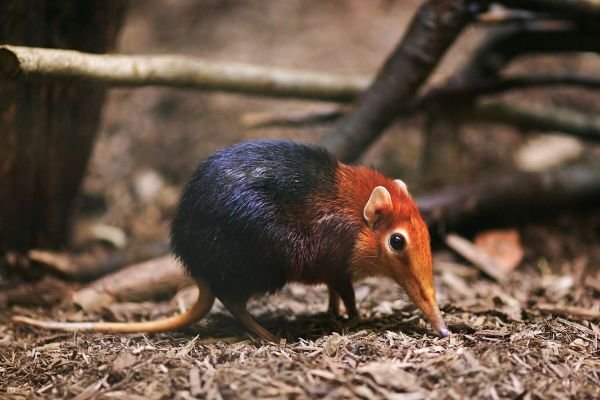
This is one of the Earth’s rarest animals living in Boni-Dodori Forest located in Kenya, but its habitat was destroyed due to deforestation and expansion.
2)BALD IBIS FROM THE NORTH
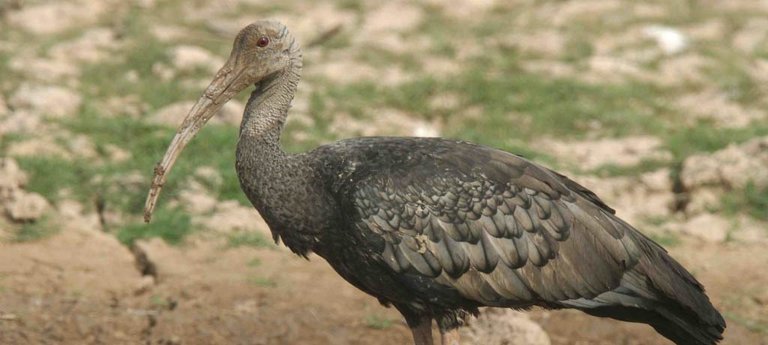
The ibis originated in Syria, Turkey and Morocco. Presently, the numbers of this animal have reduced and it is considered to be endangered as a result of hunting, habitat destruction and degradation.
3)TONKIN SNUB NOSED MONKEY

This breed of monkey is widespread in Northeastern Vietnam, but the population declined due to obliteration of its habitat and intense poaching.
4)ARARIPE MANAKIN

As of now there are only 779 Araripe Manakins in Brazil. Due to an increase in logging and other activities they have suffered habitat loss.
5)HIROLA

With just over 500 left in the wild they can only be found in one small area on the border of Kenya and Somalia.
6)SUMATRAN RHINO

Hunted for its horn, which is used in traditional medicines, there are barely 200 of these rhinos left in Malaysia and Indonesia.
7)AMUR LEOPARD
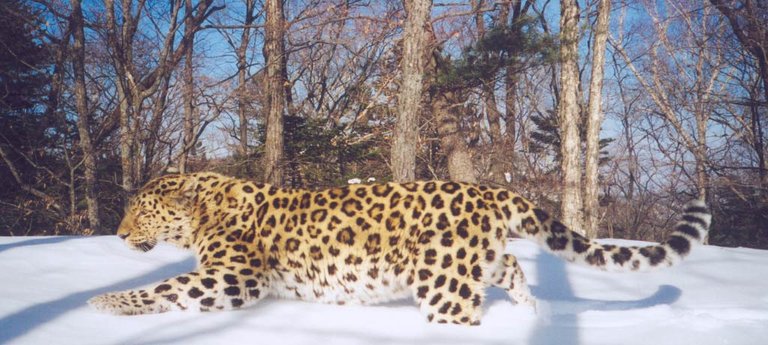
The Amur leopard has lost 80% of its former range due to deforestation, and the leopards are so ruthlessly hunted for their thick fur that today only 57 are thought to exist in Russia, making the Amur leopard the rarest big cat on the planet.
8)NORTHERN HAIRY-NOSED WOMBAT
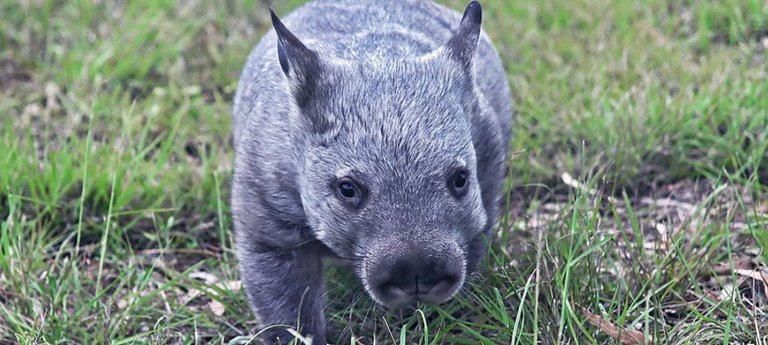
The wombat once ranged across Australia, but, due to extensive habitat loss caused by farming, disease outbreaks and the arrival of feral dogs, the Northern hairy-nosed wombat can now only be found in one place in Australia, the Epping Forest National Park, where the last 250 Northern hairy-nosed wombats in existence reside.
9)RIO PESCADO STUBFOOT TOAD
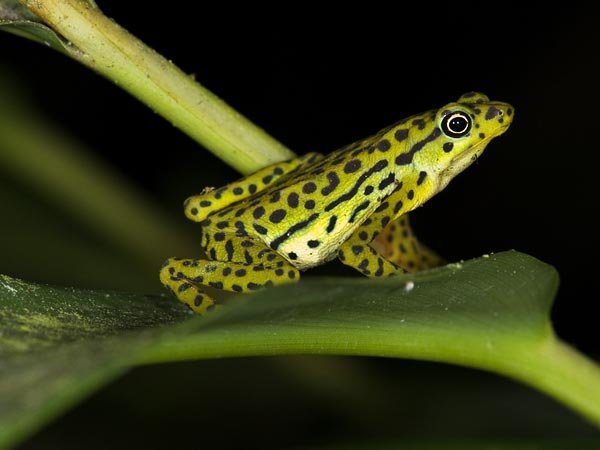
Unseen since 1995, the toad, which lives in the lowlands of Ecuador, was rediscovered in 2010.
10)GOLDEN TABBY TIGER
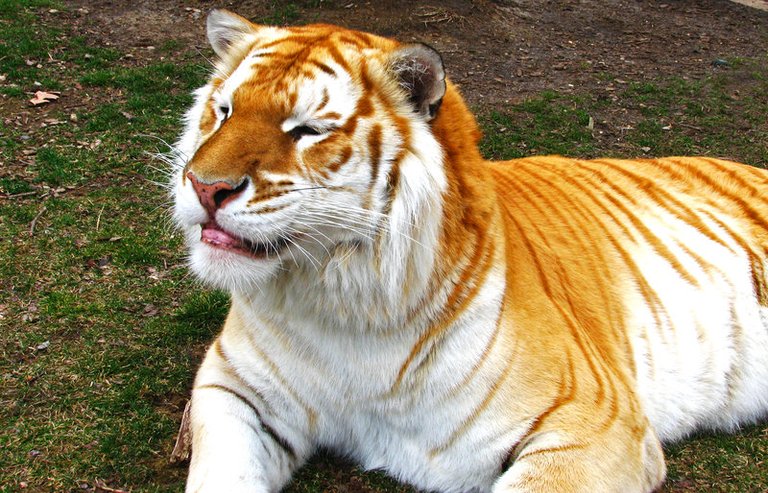
This type of rare tiger is only found in captivity. The coloring is a result of a recessive gene, and sometimes the Golden Tabby is also called the Strawberry Tiger. These types of tigers have a Bengal parentage, but generally have Amur tiger in their lineage somewhere. This type of tiger has been in existence as far back as the early 1900s, and their occurrence is strangely tied to areas with a heavy concentration of clay in the soil. There are less than 30 of these tigers known in existence.